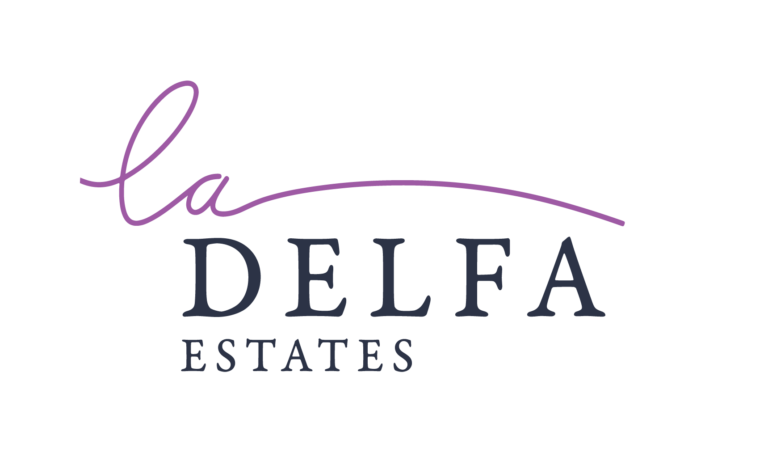Becoming a landlord in the UK offers an attractive avenue for investment and a steady stream of passive income. However, the decision between private lettings and student accommodation can be a complex one, influenced by factors such as location, investment goals, and personal preference. This blog explores the pros and cons of each option to help you make an informed decision.
Private Lettings: Stability and Longevity
Pros:
Stability and Security: Private lettings typically involve longer tenancy agreements, providing a stable income stream. Tenants in private accommodations often seek a longer-term home, leading to fewer vacancy periods.
Flexibility in Tenant Selection: As a landlord, you have greater flexibility in choosing your tenants. This allows you to conduct thorough background checks to ensure reliability and minimise the risk of rent arrears or property damage.
Market Reach: The market for private lettings is vast, encompassing families, professionals, and retirees, thereby increasing the pool of potential tenants.
Cons:
Higher Maintenance Expectations: Private tenants often have higher expectations regarding property condition and maintenance, requiring landlords to invest more in upkeep and improvements.
Stricter Regulations: Private landlords may face stricter regulations, including property standards and safety requirements, which can incur additional costs.
Potential for Longer Vacancies: Finding the right tenant for a private letting can take time, potentially leading to longer vacancy periods between tenancies.
Student Accommodation: High Demand and Shorter Leases
Pros:
High Demand: University towns and cities in the UK experience consistent high demand for student accommodation, ensuring a regular influx of tenants each academic year.
Higher Rental Yields: Student properties can often command higher rental prices per room, potentially offering a greater return on investment compared to traditional single-tenant properties.
Shorter Lease Terms: The academic calendar dictates shorter lease terms, providing landlords with the flexibility to adjust rent prices annually to reflect current market conditions.
Cons:
Increased Wear and Tear: Student accommodations can experience higher levels of wear and tear, necessitating more frequent maintenance and refurbishment.
Seasonal Vacancies: Properties may be vacant during the summer months, although this can be mitigated by offering short-term lets or holiday rentals.
Management Intensity: The need for more active property management, including dealing with multiple tenants within the same property, can be more time-consuming and costly.
Making Your Decision
The choice between private lettings and student accommodation depends on your investment strategy, financial goals, and personal preferences. Consider factors such as the location of your property, your willingness to manage the property actively, and your financial objectives.
Location is Key: Properties near universities are ideal for student lets, while those in residential areas may be more suited to private lettings.
Investment Horizon: Consider your long-term investment goals. Private lettings can offer long-term stability, while student accommodation may provide higher short-term returns.
Management Considerations: Your capacity to manage the property—or willingness to hire a property management company—can also influence your decision.
Remember both private lettings and student accommodation offer unique advantages and challenges. By carefully considering your goals, conducting market research, and possibly consulting with property experts, you can make a decision that aligns with your investment strategy and lifestyle preferences. Becoming a landlord in the UK is a significant commitment, but with the right approach, it can be a rewarding and profitable venture.




